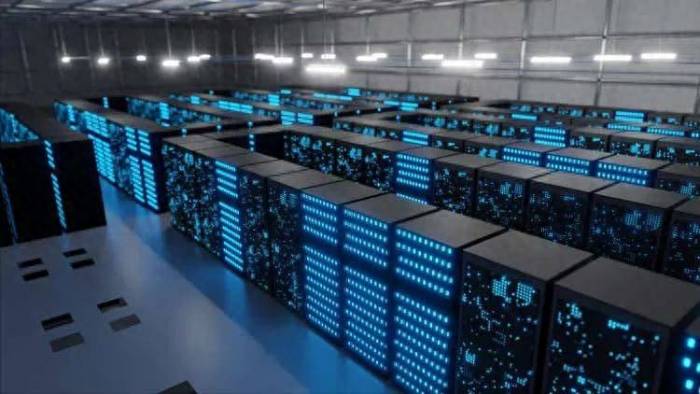ASML Shares Tumble, Orders Halve: U.S. Market at Risk?
In the realm of technological development, few symbols stand as tall as ASML's lithography
Epic Liquidation Unfolds: Shorting Fails, Rate Cuts in Question
The economic landscape in the United States has always been a critical element in global f
Is the U.S. Next After the UK's Bankruptcy?
The current landscape of the United States is riddled with challenges, both internally and
September Surplus: $340B In, A-Share Bull Market Still On?
In the current financial landscape, there is a growing consensus that gold prices are on a
Advertisement
Dollar Rises, Global Jitters: A-Shares Near 3300 Tipping Point?
In the current economic climate, confusion and uncertainty reign supreme, particularly wit
Dollar Rises 3.64%, Yuan Plummets, Yen Under Attack
In an unexpected twist, the U.S. economic landscape has displayed robust resilience amidst
UK-Japan Alliance on Renminbi: Dollar Dominance Shaken?
Recent developments in international finance have sparked discussions about the shifting b
U.S. Treasuries Facing New Storm? Frenzied 10-Year Bond Sell-off
The dynamics of the U.S. economy are at a critical juncture. Initially, it seemed that fol
Trillion-Yuan Stimulus: Renminbi Depreciation on the Horizon?
In recent times, the discourse surrounding China’s potential economic stimulus plan
US Tech Bubble: Risk or Opportunity for A-Shares?
As the global economic landscape shifts and evolves, the uncertainties surrounding the Fed









